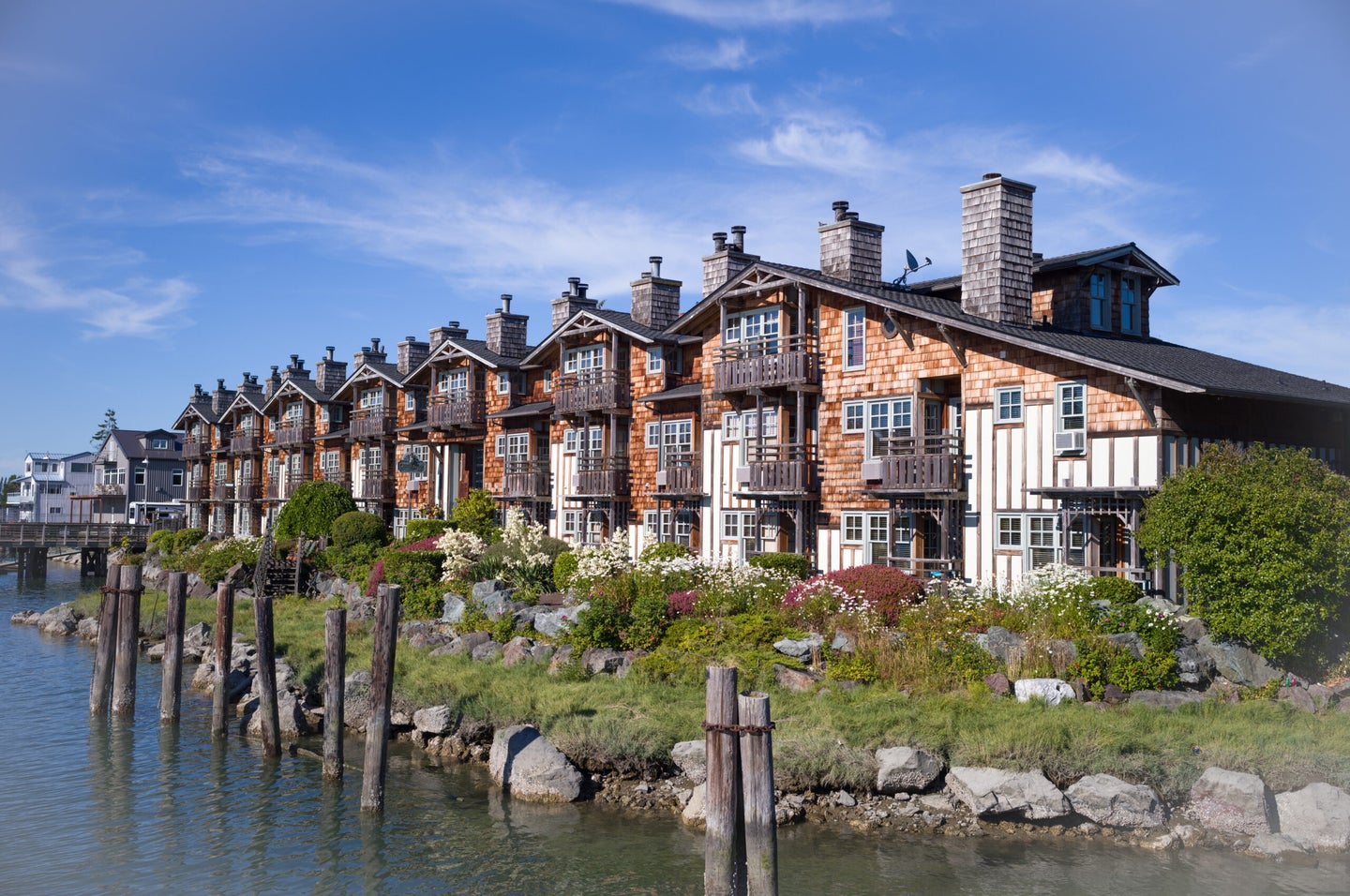
The flagship Leica M11 rangefinder launched earlier this year boasting a host of upgrades, most notably, a higher-resolution sensor and a more powerful processor. And yet, the camera sports the same basic design as its ancestors, dating back to the 1950s. But it’s precisely this combination of new and old that makes a Leica, well, a Leica.
We’ve had the pleasure of shooting around with the new camera for a little while now. And with a complete review on the horizon, we wanted to share some initial samples and impressions to get you pumped. All of these photos were captured with the Leica Summicron-M 35mm f/1.4 ASPH lens. Exposure information and edits are noted in the captions.
Related: Leica redesigns one of its most popular lenses (and makes it more affordable)
Leica M11 sample photos
With its state-of-the-art, custom-made 60-megapixel sensor and updated “Maestro III” image processor, one has high expectations about the M11‘s image quality, and gosh does it deliver. From color to sharpness (due mainly to the quality of Leica’s lenses) to dynamic range, the M11 does not disappoint.

Many cameras don’t capture the color of amazing sunsets like this one, usually being too flat. (Smartphones, on the other hand, are over-the-top.) Here, the exposure is well-balanced. And if you want to brighten up the foreground a bit, the M11 is fully capable.
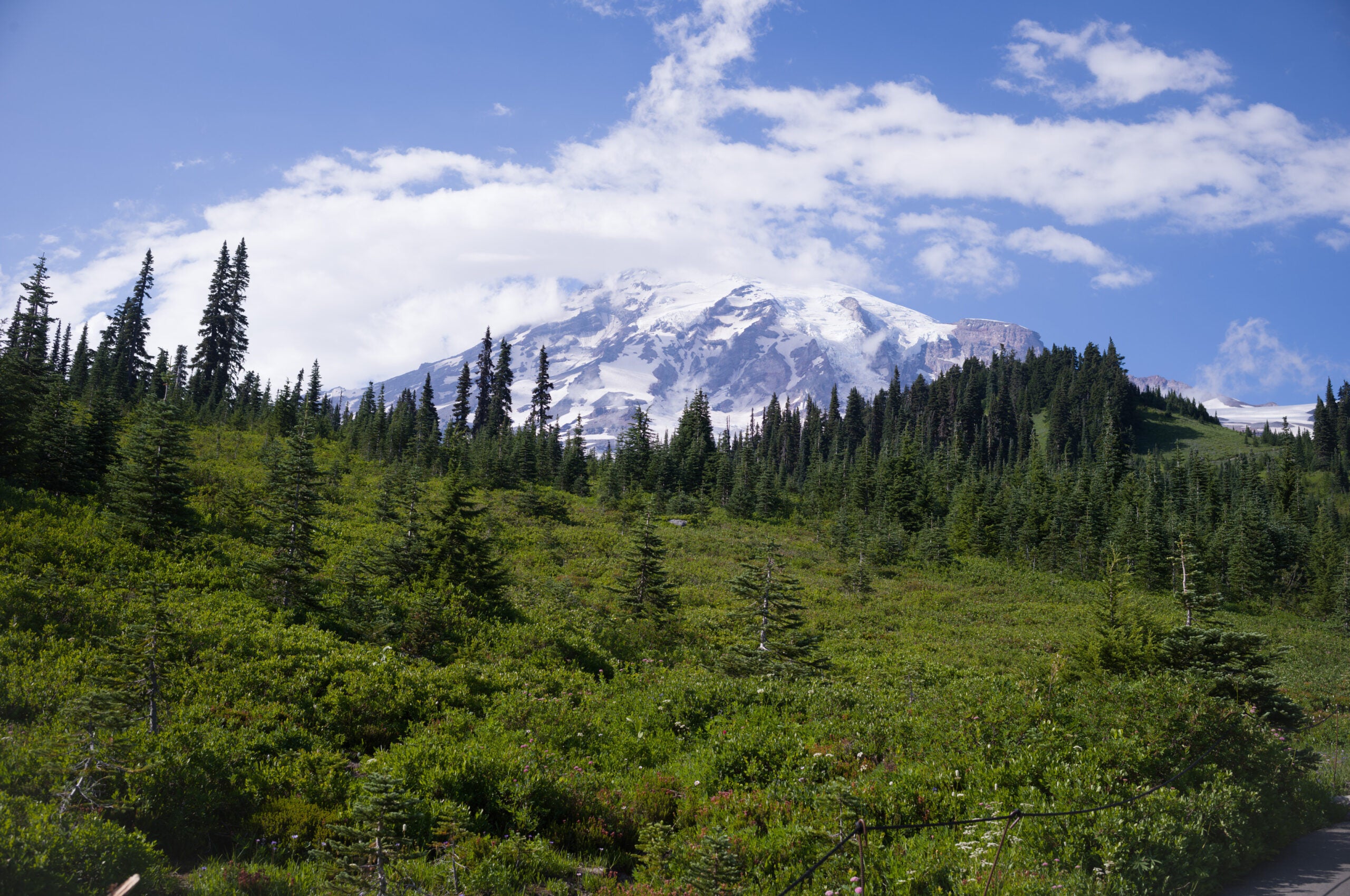
It may look like the foreground couldn’t possibly be so lush and green but that’s how the M11 rendered it in this converted DNG file (with no color adjustments applied). If for some reason, you wanted this scene to be even punchier, there’s a “vivid” color profile in the menu. The detail on the mountain is also impressive: you can easily make out the edge of the glaciers.

Again you can see the vibrant color in the flowers and foliage, this time in an out-of-camera JPEG.
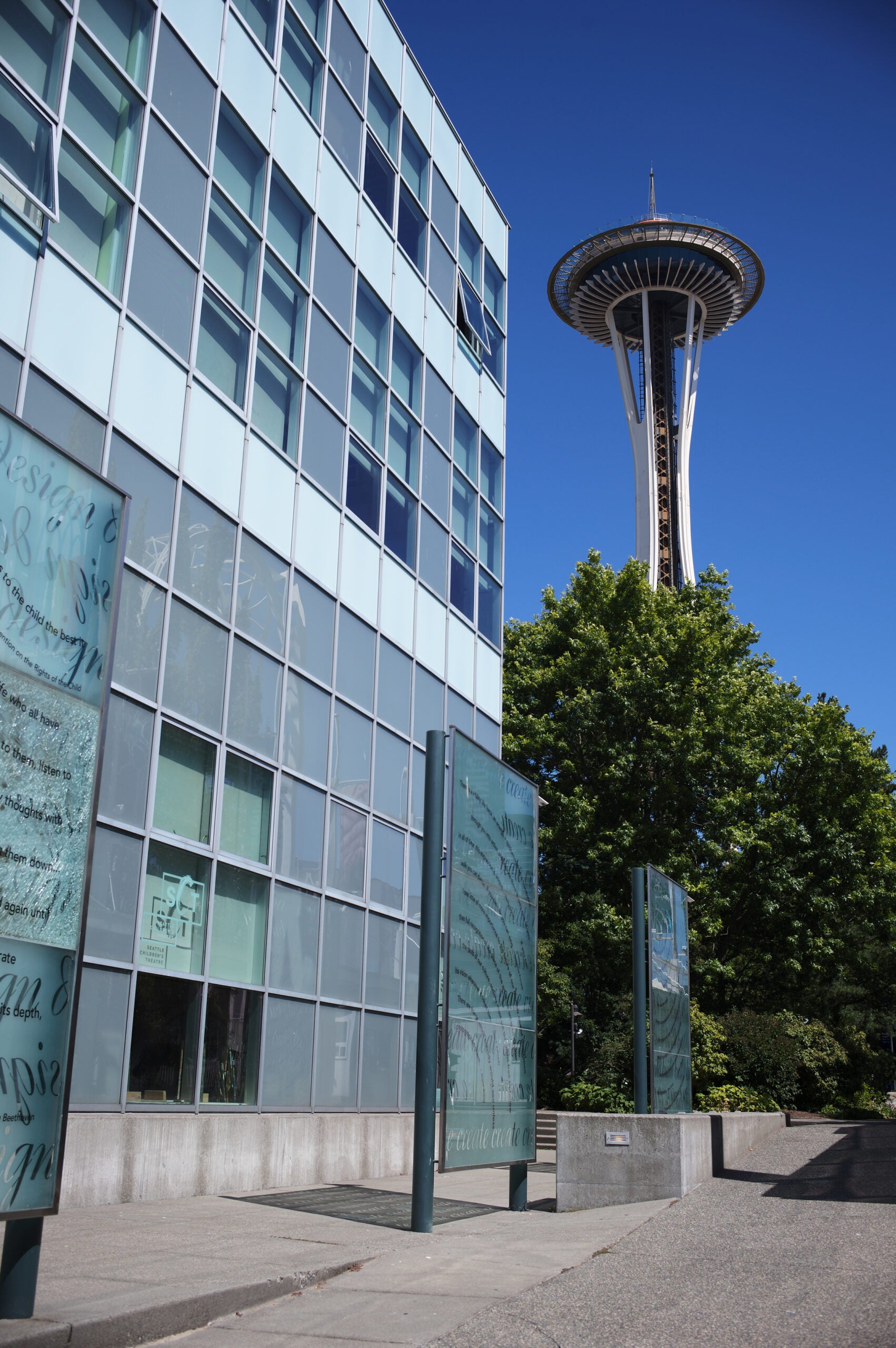
Details, details. At full resolution, you can see the individual cables on the elevator as well as every piece of the platform at the top of the Needle. There isn’t any moiré on the platform, which is nice to see, given that the camera doesn’t have an “optical low pass filter.”
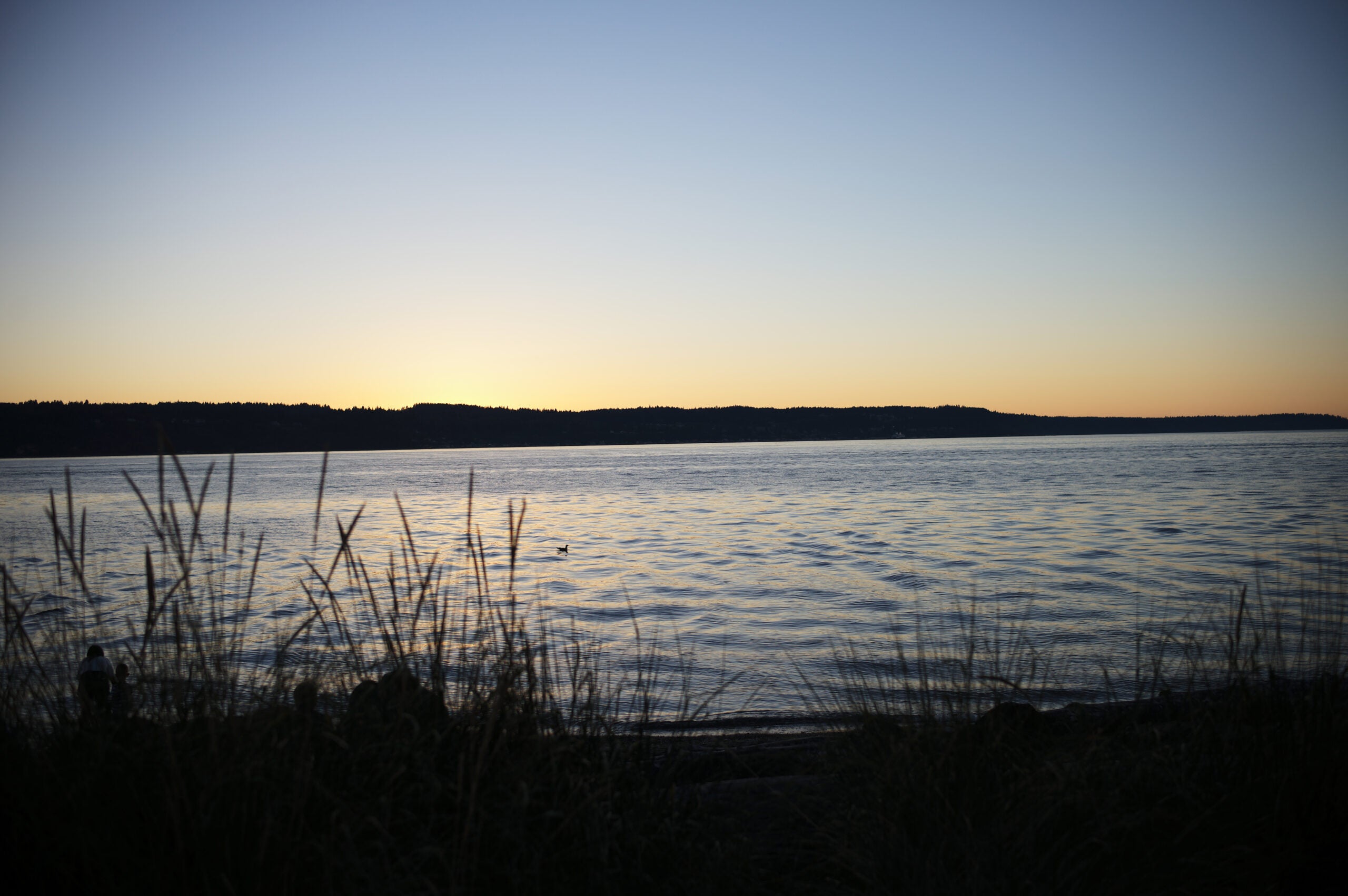
The Summicron-M 35mm f/1.4 ASPH lens has quite a bit of vignetting when wide-open (or close, in this case). While the camera doesn’t offer the ability to correct this automatically, popping the DNG file into your favorite Raw processor will allow you to reduce or eliminate it.
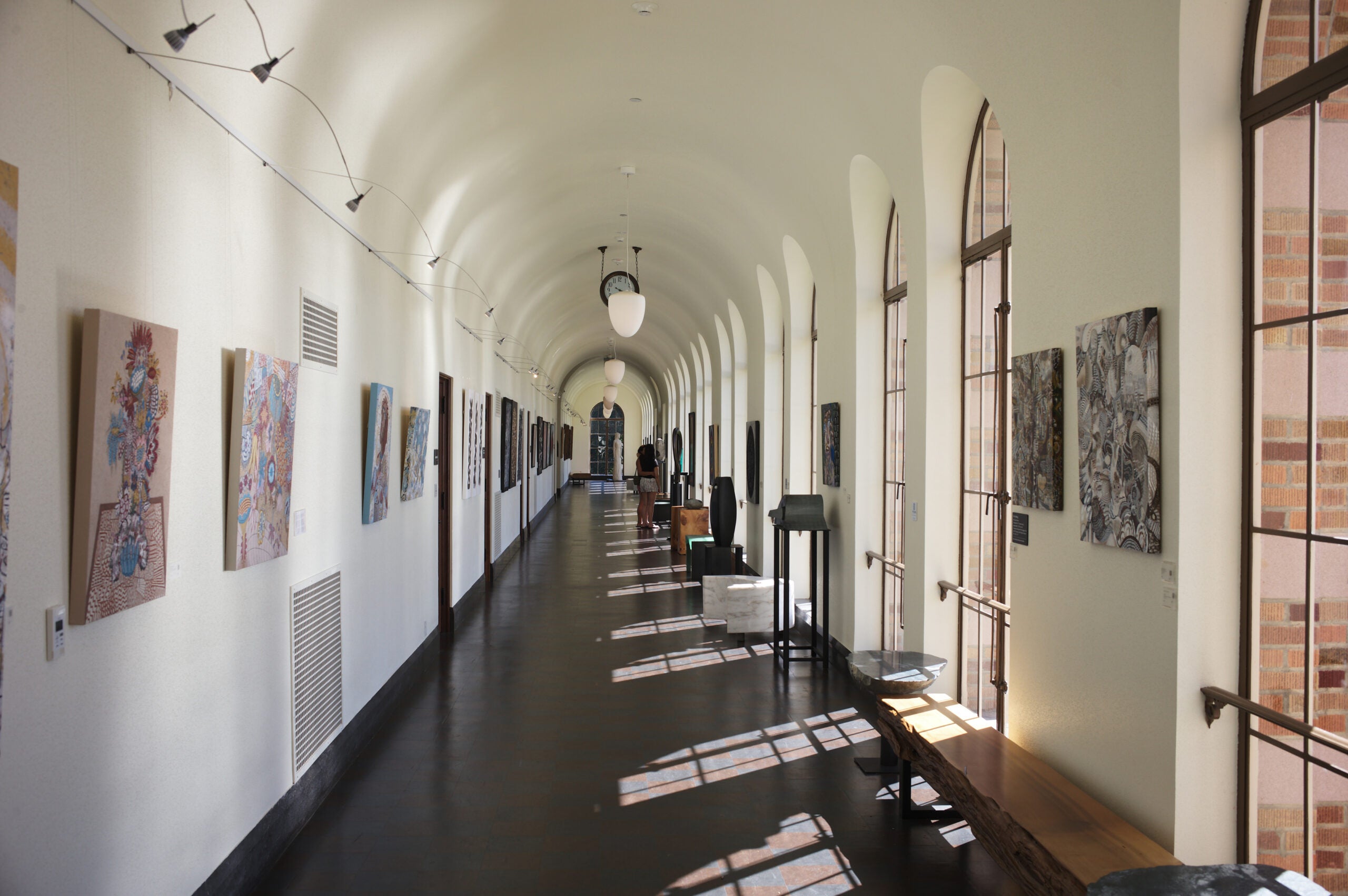
In this photo, there’s a balanced exposure with no blown highlights from the windows. Note the lack of distortion, as well.
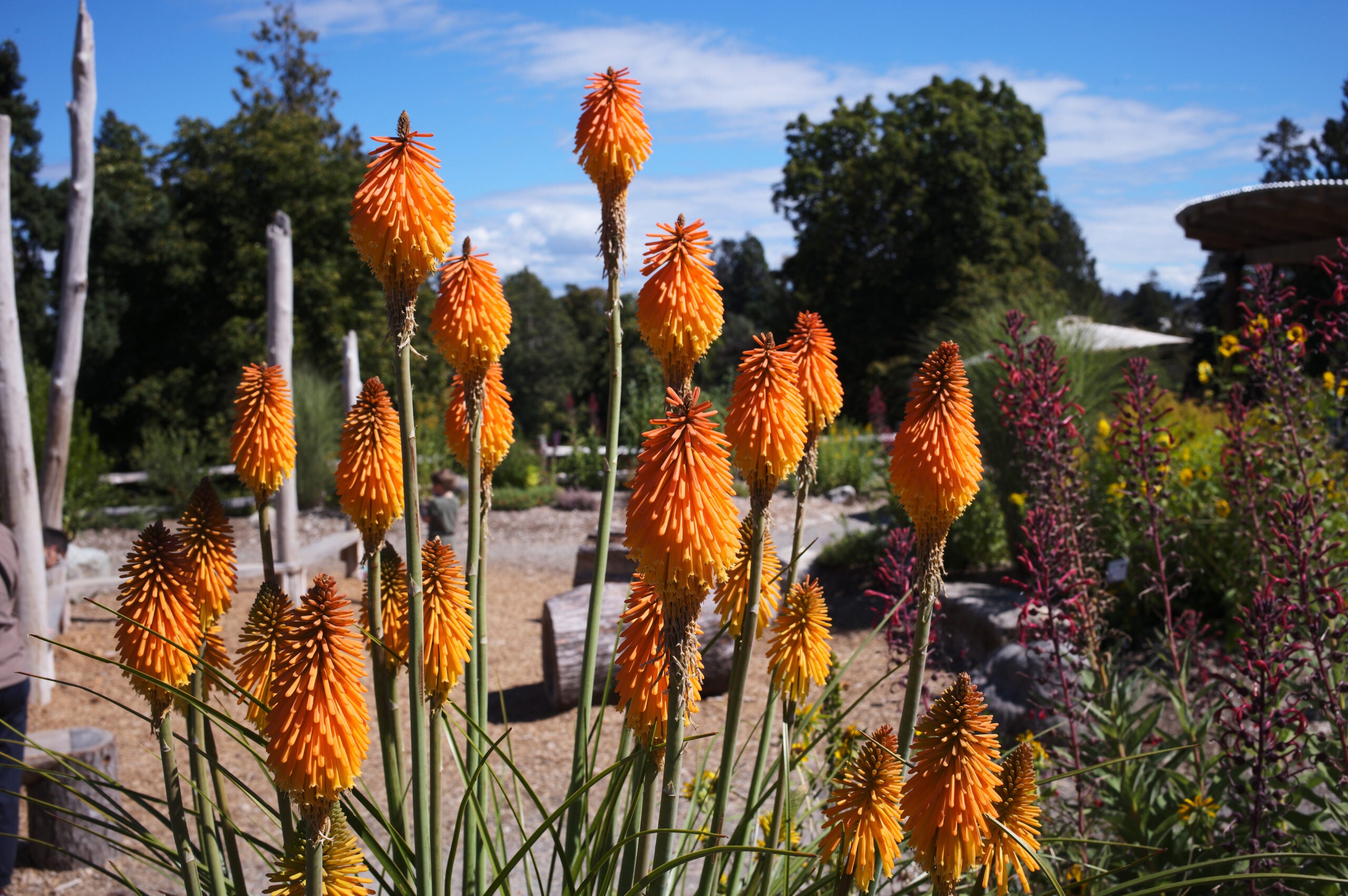
Color again impresses, and there’s a nice smooth transition from the sharp foreground to the blurred background.
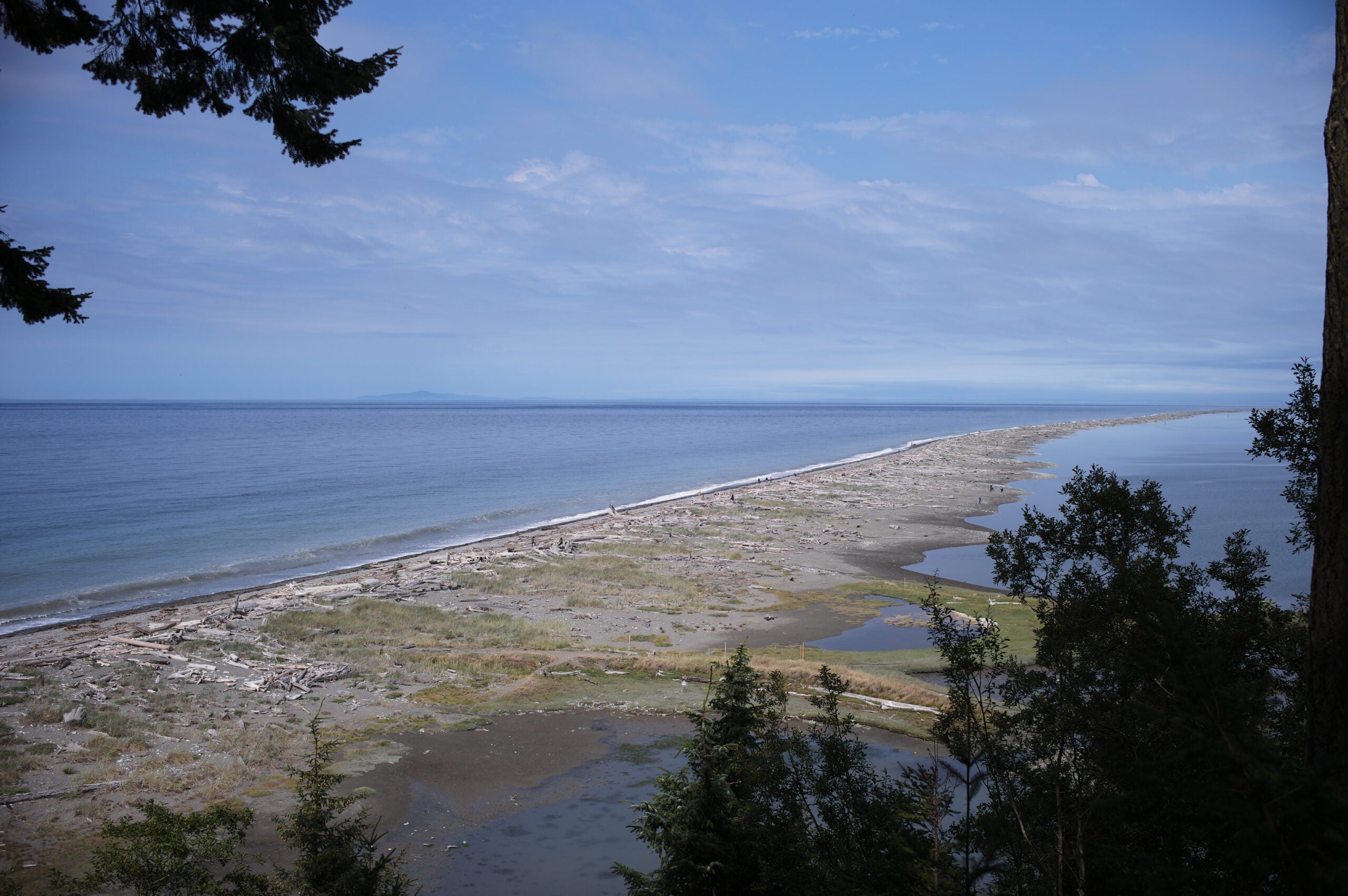
You can easily make out individual pieces of grass on this somewhat hazy day.
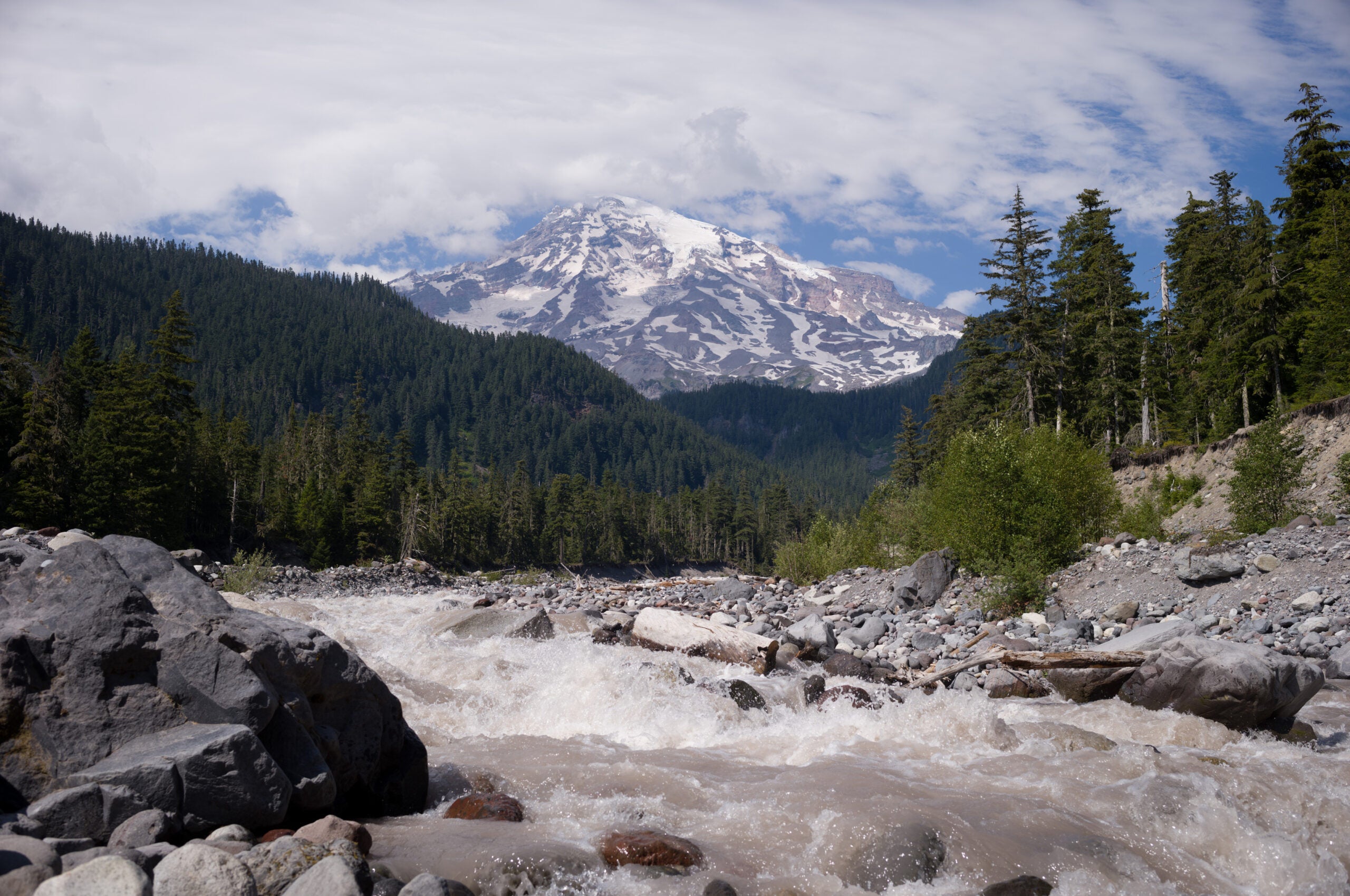
The original image was a little “warm” and the foreground was darker than I would’ve liked. But two easy adjustments to the DNG file in Adobe Camera Raw produced a more realistic image.
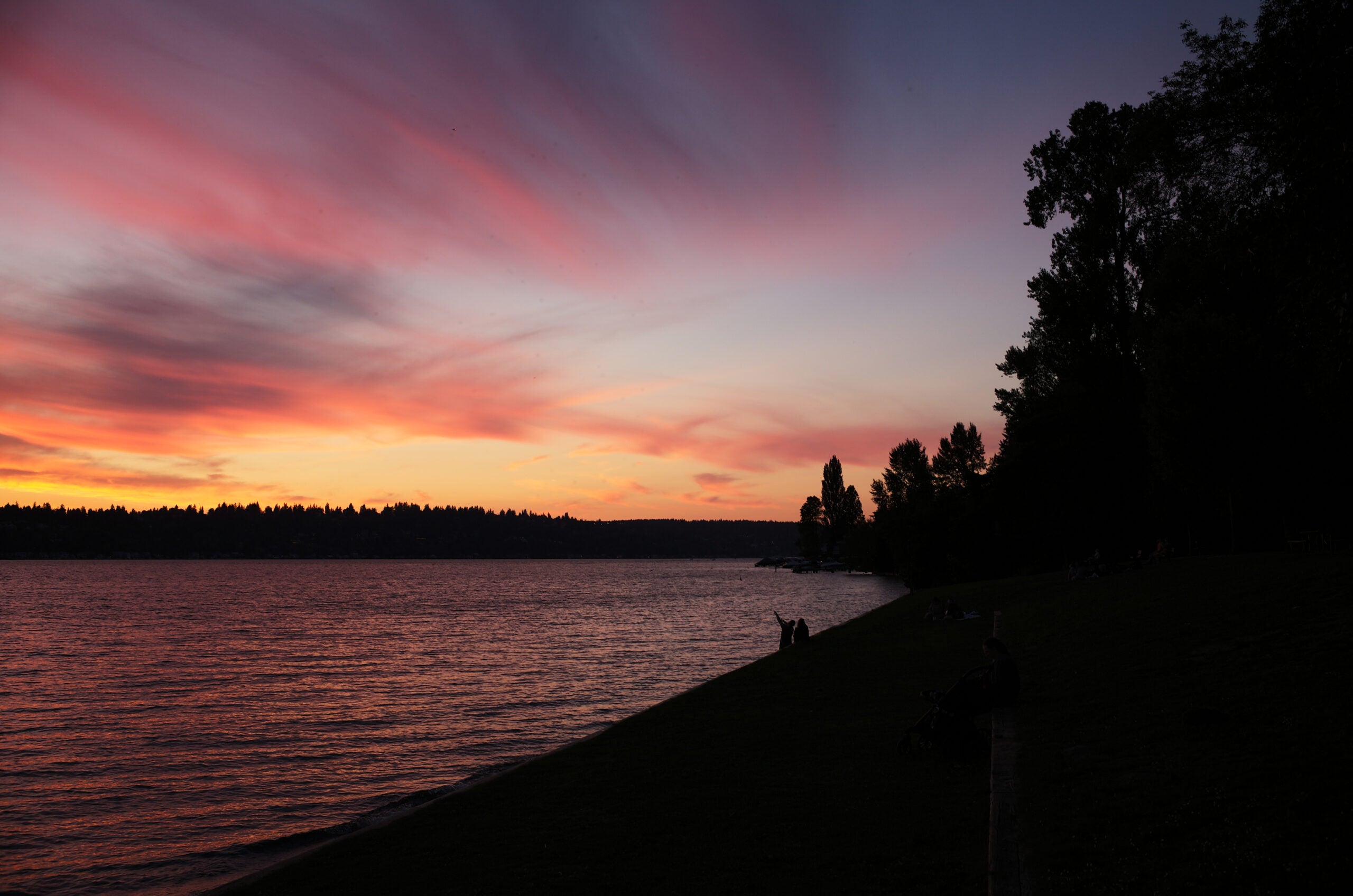
The M11 again captured the reds, oranges, and yellows of a beautiful sunset.
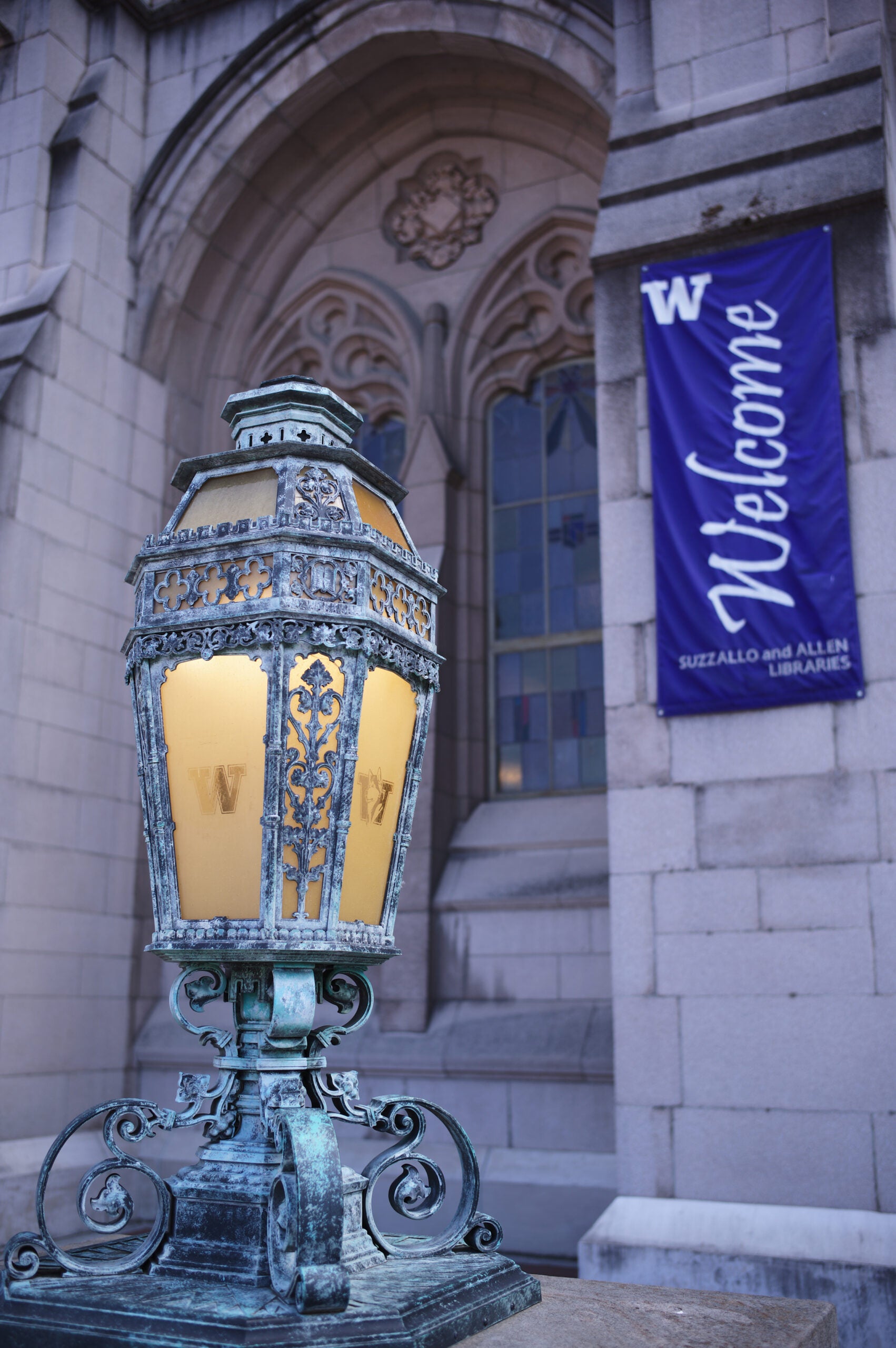
The Summicron-M 35mm f/1.4 lens struts its stuff in this photo, with excellent sharpness on the lamp and a smooth roll off to the wall and sign in the background.
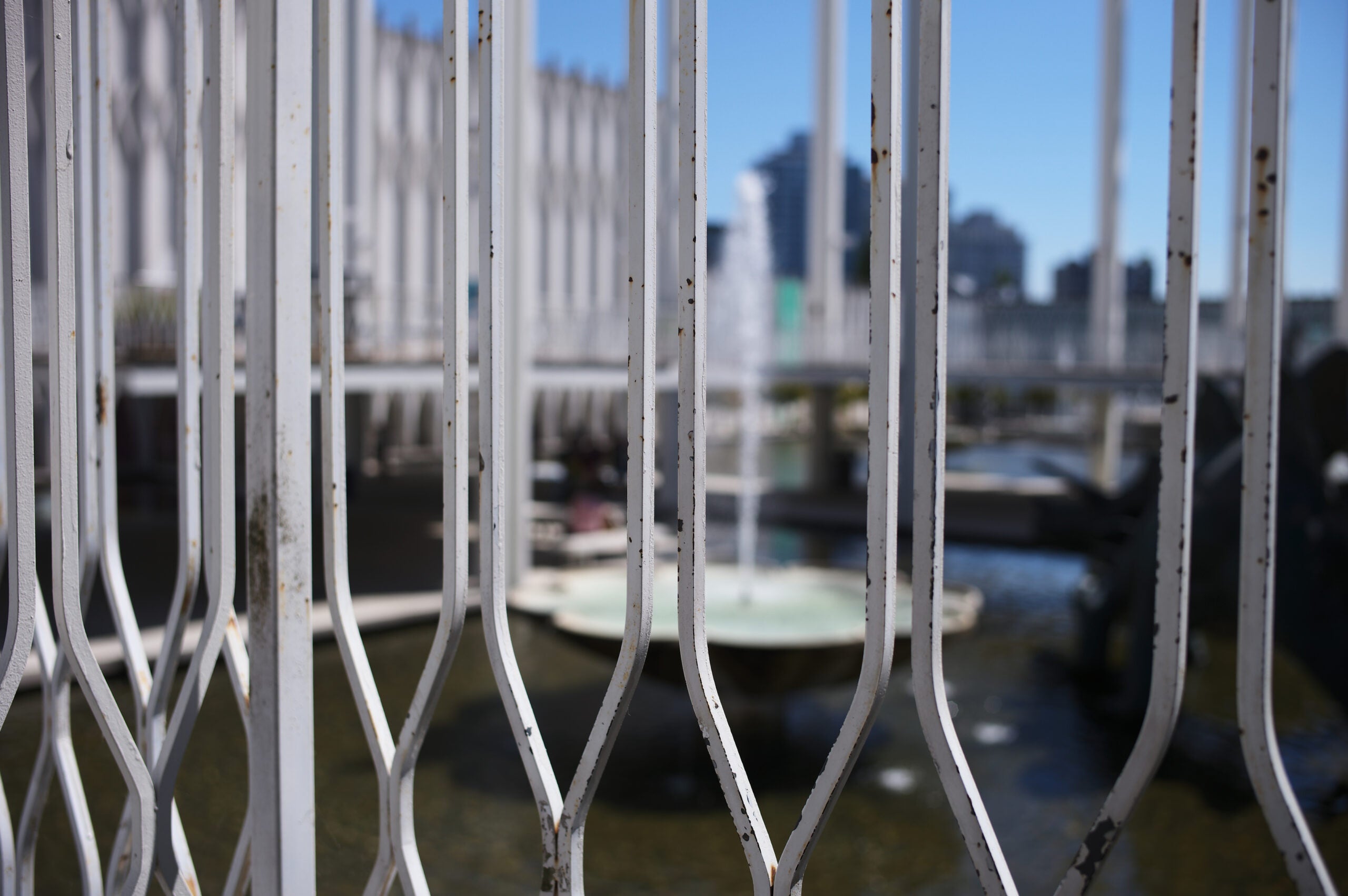
It’s easy to find the peeling and bubbling paint in the foreground of this photo.
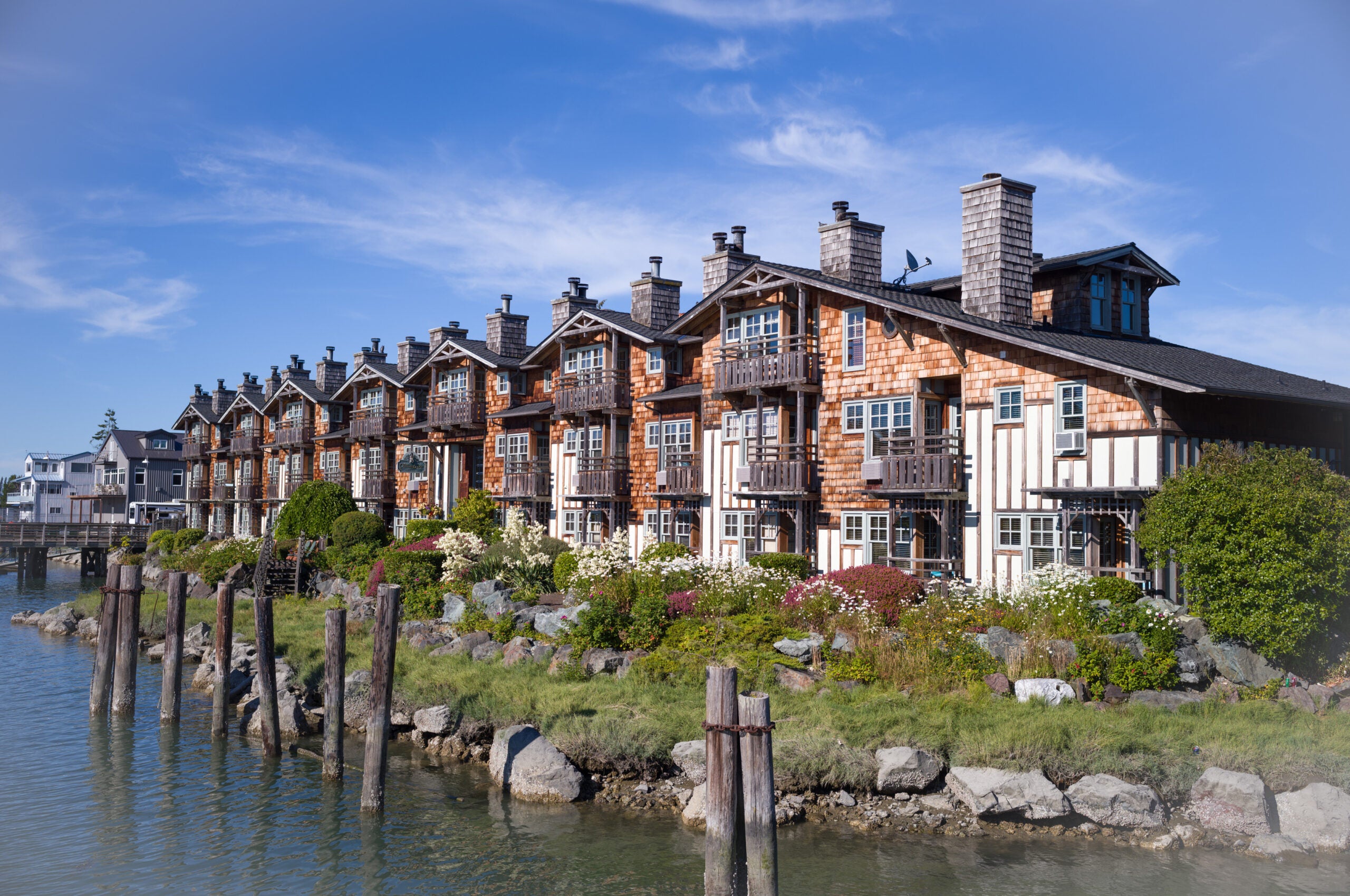
The original version of this photo had some mild vignetting, which was easy to fix in Adobe Camera Raw. You can see each individual leave on the shrubs both near and far away.
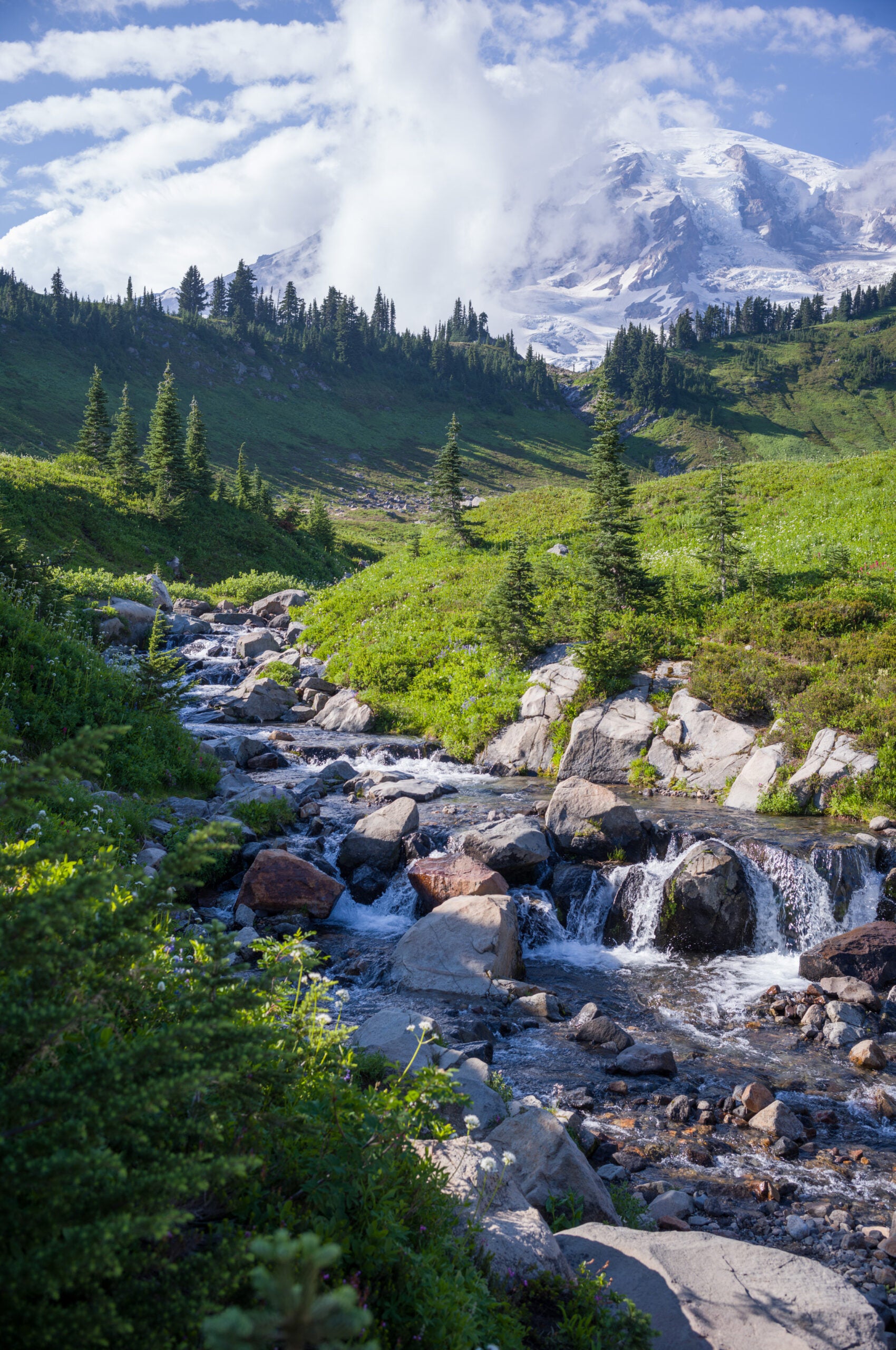
In the original version of this photo, the highlights on the mountain were blown out, dramatically reducing detail. By editing the DNG file I was able to dial back the highlights while boosting the shadows to closely match what I saw with my eyes.
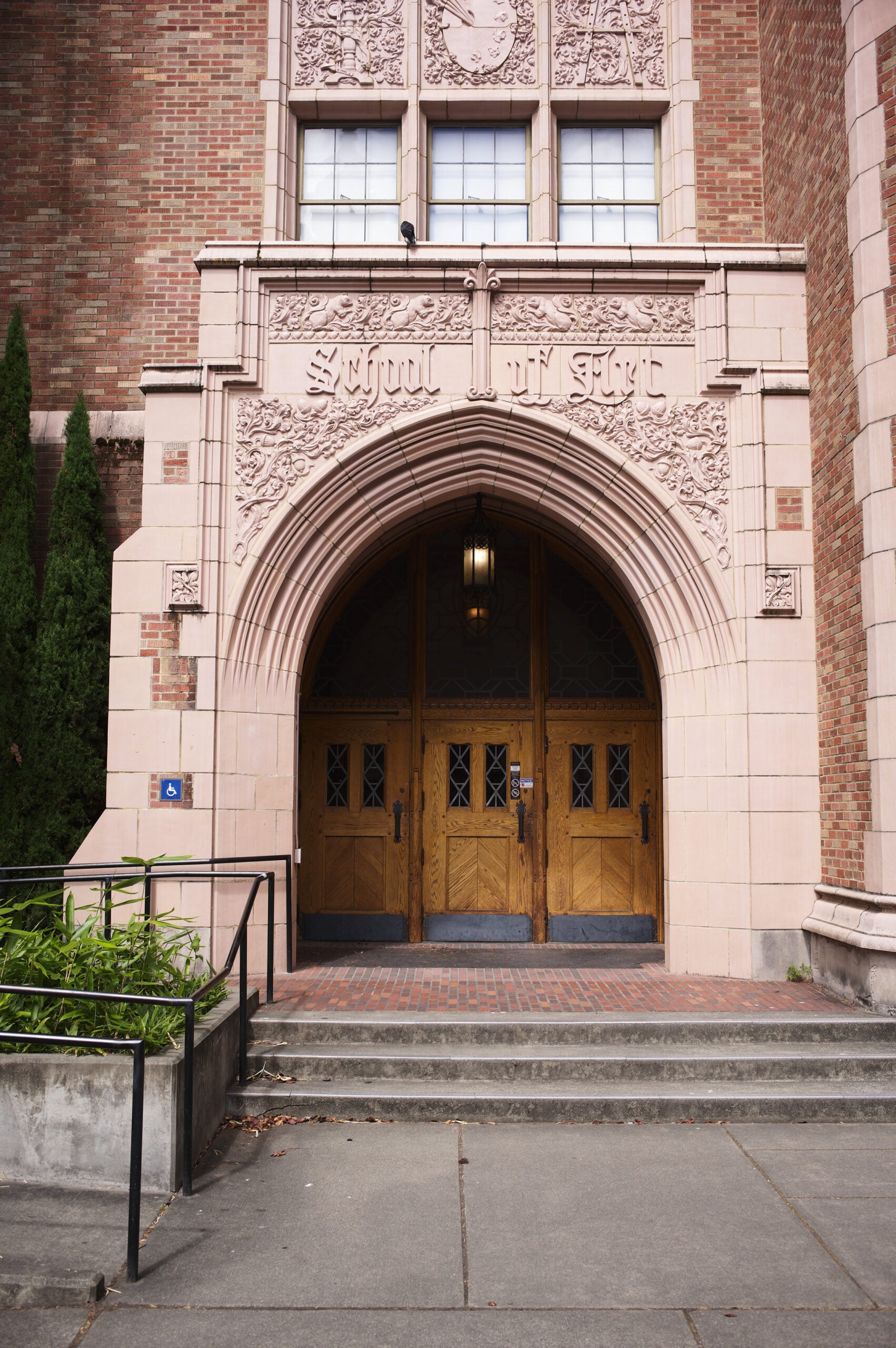
Lastly, the carvings on and above the arch look almost too real in this photo. While it looks like there is some moiré distortion to the left of the doors, it is just the pattern in the concrete.
That’s all for now, stay tuned for our full Leica M11 review, coming soon!
The post Leica M11 sample photos: 60 megapixels sure looks good appeared first on Popular Photography.